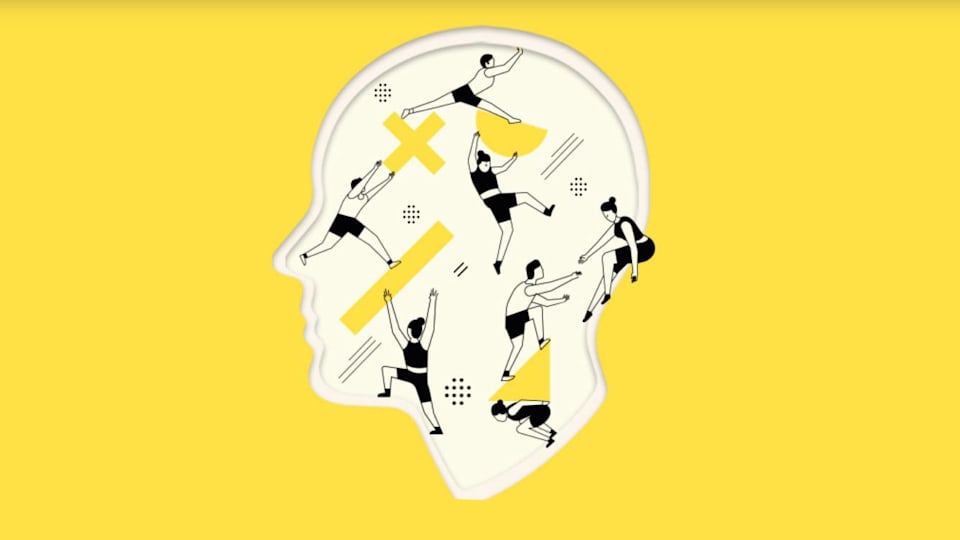IOC Mentally Fit Helpline developed to provide support to athletes at the Olympic Games
All athletes attending the Olympic and Paralympic Games Tokyo 2020 and the Olympic and Paralympic Winter Games Beijing 2022 will have 24-hour access to the new IOC Mentally Fit Helpline.

Created as part of the IOC’s mental health support service and the ongoing efforts of the Olympic Movement to protect and promote the physical and mental well-being of athletes, the IOC Mentally Fit Helpline will offer 24-hour mental health and well-being support. It has been developed by the IOC and the International Paralympic Committee (IPC).
The Mentally Fit Helpline is a confidential mental health support service available to athletes qualified for the Olympic Games, and is available before, during and for up to three months after the Games.
Staffed by expert counsellors who can provide help, advice and support in over 70 languages, the helpline offers in-the-moment clinical support, structured short-term counselling, practical support and, if needed, guidance to the appropriate IOC reporting mechanisms in the case of harassment and/or abuse. The service is free to use, and can be accessed via phone, email, instant messaging or the iConnectYou app.
Athletes who register with the helpline during the Games will benefit from six structured short-term counselling sessions providing on-the-spot clinical support for up to three months post-competition.
This initiative is in accordance with Olympic Agenda 2020+5 recommendation 5 to “further strengthen safe sport and the protection of clean athletes” with its provision to increase mental health support programmes for athletes and their entourage.
Further support for athletes on mental health
The Mentally Fit Helpline is in addition to the mental health support services customarily in place during the Games (including the presence of onsite psychologists and psychiatrists in the Village Polyclinic), and is the latest in a series of developments led by the IOC Mental Health Working Group, including the IOC Mental Health in Elite Athletes Toolkit, the Mental Health in Elite Sport Diploma and Certification programmes, the IOC Sport Mental Health Assessment Tool 1 (SMHAT-1) and Sport Mental Health Recognition Tool 1 (SMHRT-1).
Additionally, the two most recent editions of the International Athletes’ Forum (IAF) in 2019 and 2021 saw an increased emphasis on discussions around athlete mental health, with dedicated panel discussions involving high-profile athletes and IOC Athletes’ Commission members such as Lindsey Vonn and Abhinav Bhindra.
Owing to the ongoing global pandemic, the athlete community has had to quickly adapt to a new way of life, often having to train away from team-mates and members of their entourage. In 2020, this rapid shift amplified the calls to support athletes’ mental health, and the IAF 2021’s recommendations reflect that, including commitment to further support for athletes in this space.
Additionally, the Athlete365 community conducted a survey of over 4,000 athletes in the first part of 2020, with 32 per cent of athletes responding that “managing mental health” was currently their most challenging obstacle. Consequently, a series of expert-led webinars were launched to inspire and support athletes, with one wholly dedicated to mental health, led by Dr Claudia Reardon, co-Chair of the IOC Mental Health Working Group.
For more information on the IOC’s initiatives surrounding athlete mental health and well-being, please visit the #MentallyFit section of Athlete365.